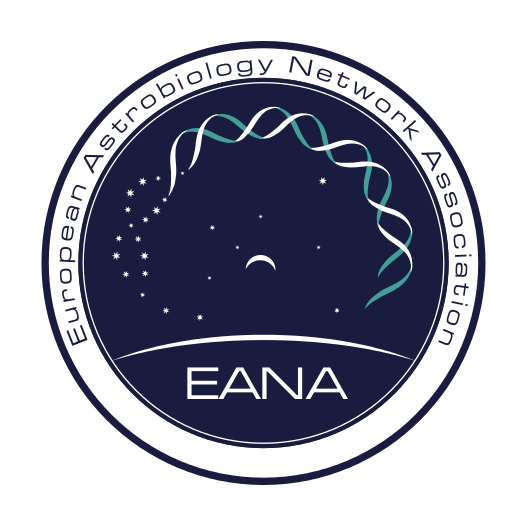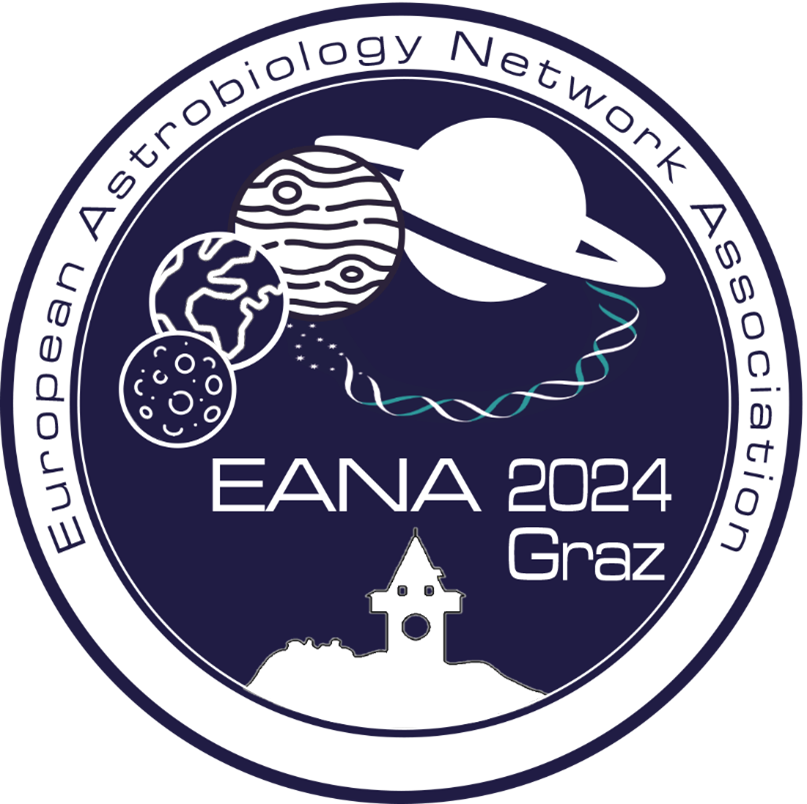 |
Abstract EANA2024-102 |

|
The Young Researcher Program in Interdisciplinary Space Science and Planetary Research (YRP@Graz)
In 2022, the Space Research Institute in Graz (Austria) together with the Graz University of Technology and the University of Graz launched the Young Researcher Program in Interdisciplinary Space Science and Planetary Research (YRP@Graz). This program aims at providing a network within which the PhD candidates benefit from the infrastructure and the international reputation of the scientific landscape of Graz. The various topics offered over the past years in the frame of this program range from the atmospheres of exoplanets over solar and heliospheric physics through to space instrumentation. So far, there have been three application rounds offering in total eight PhD positions.
For this newly established program, one major aim is to establish an inclusive application process that is open to everybody having a fitting academic and scientific background. The initiators of the program are aware of the challenges and limits that (unconscious) biases in application processes poses for organisations (e.g., gender bias as reported in Moss-Racusin et al., 2012) leading eventually to underperforming organisation because of an over-homogeneity of their staff. One first step to improve the current situation is implementing an anonymous questionary for the first stage of the application process. This is already a common procedure in the private sector (e.g., Rinne, 2018).
In the anonymous questionary, the candidates are asked to only give general information like the title of their master project or the expected date of finishing their master’s degree. All submissions are screened for personal information to remove them before handing over to the appointments committee.
The past application processes counted 118 (2022), 75 (2023), and 66 (2024) applications, whereby in 2022 the candidates were able to chose between nine different projects, in 2023 between four and in 2024 between three. Each year, about 20 candidates were invited to the second round of the application process, namely the interviews. Only at that stage, personal information including reference letters, CV, etc. are asked to be sent by the candidates.
We will present statistics about the different application rounds, an overview about the ongoing activities within the YRP@Graz network, and our conclusions and suggestions for improvements. With that we hope to motivate further institutions to perform open application processes to minimize biases and to raise the accessibility and inclusive atmosphere within science.
References:
Young Researcher Program in interdisciplinary space science and planetary research (2024), Overview. Available at: https://www.oeaw.ac.at/en/iwf/research/young-researcher-program (accessed: 18 June 2024).
Moss-Racusin, C.A., Dovidio, J.F. Brescoll, V. L., Graham, M. J., and Handelsman, J. Science faculty’s subtle gender biases favor male students (2012). PNAS, 109 (41), 16474 —16479, doi:10.1073/pnas.1211286109
Rinne, U. Anonymous job applications and hiring discrimination (2018). IZA World of Labor, 48 doi: 10.15185/izawol.48.v2
